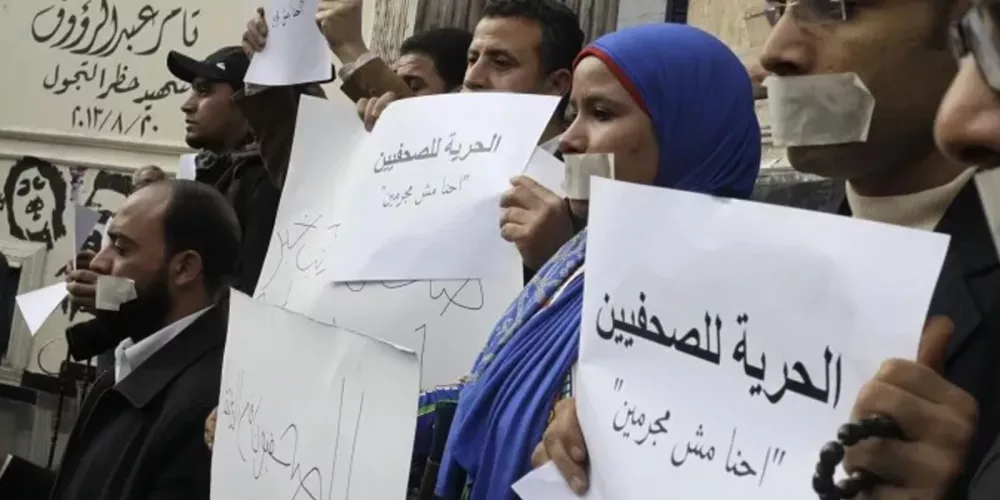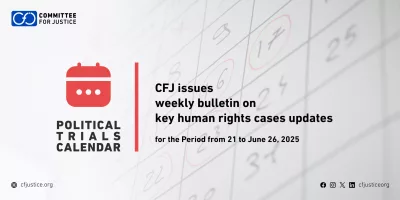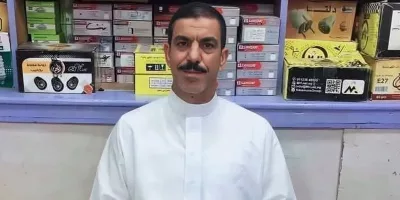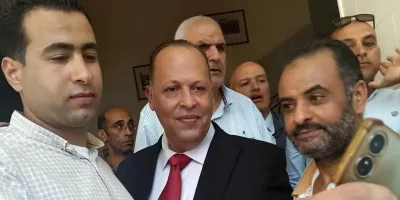The International Day to End Impunity for Crimes Against Journalists, celebrated on November 2 each year, was established by the United Nations to spotlight the critical issues of journalist protection and media freedom. This day serves as an attempt to confront crimes and abuses that journalists face globally, which often go unpunished.
According to statistics from the “UNESCO Observatory for Journalists,” more than 1,000 journalists were killed between 2006 and 2020, with 90% of these crimes going unpunished, underscoring the urgent need to enhance journalist protection and ensure a safe environment for them to fulfill their roles in communicating clear, factual information.
This day also aims to foster international cooperation to develop transparent judicial systems capable of investigating crimes against journalists and ensuring accountability. It serves as an opportunity to remind governments, media organizations, and decision-makers of the need for actions that guarantee press freedom, along with implementing effective laws to end impunity. Additionally, it seeks to raise public awareness about the importance of free media in achieving justice and uncovering the truth.
This day represents a serious stance by the international community to support journalists’ rights worldwide as a step toward protecting the right to access information freely and safely.
During 2024, Egyptian authorities have targeted bloggers and journalists with various punitive measures for their professional work. Security forces have pursued and forcibly disappeared several journalists this year. On July 22, 2024, cartoonist Ashraf Omar from the independent news site *Al Manassa* was arrested and held in an undisclosed location for two days before being brought before the Supreme State Security Prosecution on July 24. He was charged with “joining a terrorist group” and “spreading false news”—charges his family staunchly denies, viewing them as a means to suppress his cartoons that highlighted the country’s economic conditions and power outages.
During his forced disappearance, Omar was reportedly subjected to torture, beatings, and threats of electric shock, according to statements from his family. They also reported that his official arrest record was dated July 24, indicating a deliberate effort to hide his two days of disappearance.
In a related incident, journalist Khaled Mamdouh, who works with *Arab Post*, was arrested on July 16. During his arrest, his eldest son was physically assaulted, and his electronic devices were confiscated. Mamdouh remained in enforced disappearance for six days before appearing before the Supreme State Security Prosecution on July 21, where he faced similar charges, including “financing a terrorist group” and “spreading false news.” The inaccurate date on his official arrest record appears to cover up his enforced disappearance as well.
May saw the arrest of journalist Ramadan Gweida from the independent news outlet *Al-Youm* while returning home. He was held in an unknown location for 40 days before appearing before the prosecution, where he was charged with “joining a terrorist group” and “spreading false news.” Another journalist, Yasser Abu Alaa, a member of the Egyptian Journalists’ Syndicate, was forcibly disappeared and tortured for 50 days after his arrest in March. His wife and sister-in-law were detained after they filed complaints about his disappearance, and Abu Alaa began a hunger strike to protest his harsh detention conditions, which include solitary confinement and denial of visits.
Activist Alaa Abdel Fattah also faces exceptional mistreatment, as authorities refuse to release him despite his sentence being completed. His prison term is counted from 2022 rather than 2019, delaying his release until 2027. Meanwhile, blogger Mohamed Ibrahim, known as “Oxygen,” has been imprisoned for five years despite multiple release orders; he has been recycled into new cases, leaving him in pre-trial detention since 2018 until a court ruling in late 2021.
The Committee for Justice (CFJ) calls for an end to these practices, the immediate release of all arbitrarily detained journalists, and the protection of press freedom. The committee urges an end to torture and forced disappearances against journalists and calls for legal safeguards enabling journalists to perform their roles without threat or restriction. This commitment would align Egypt with international human rights standards and bolster its reputation on the global stage.






